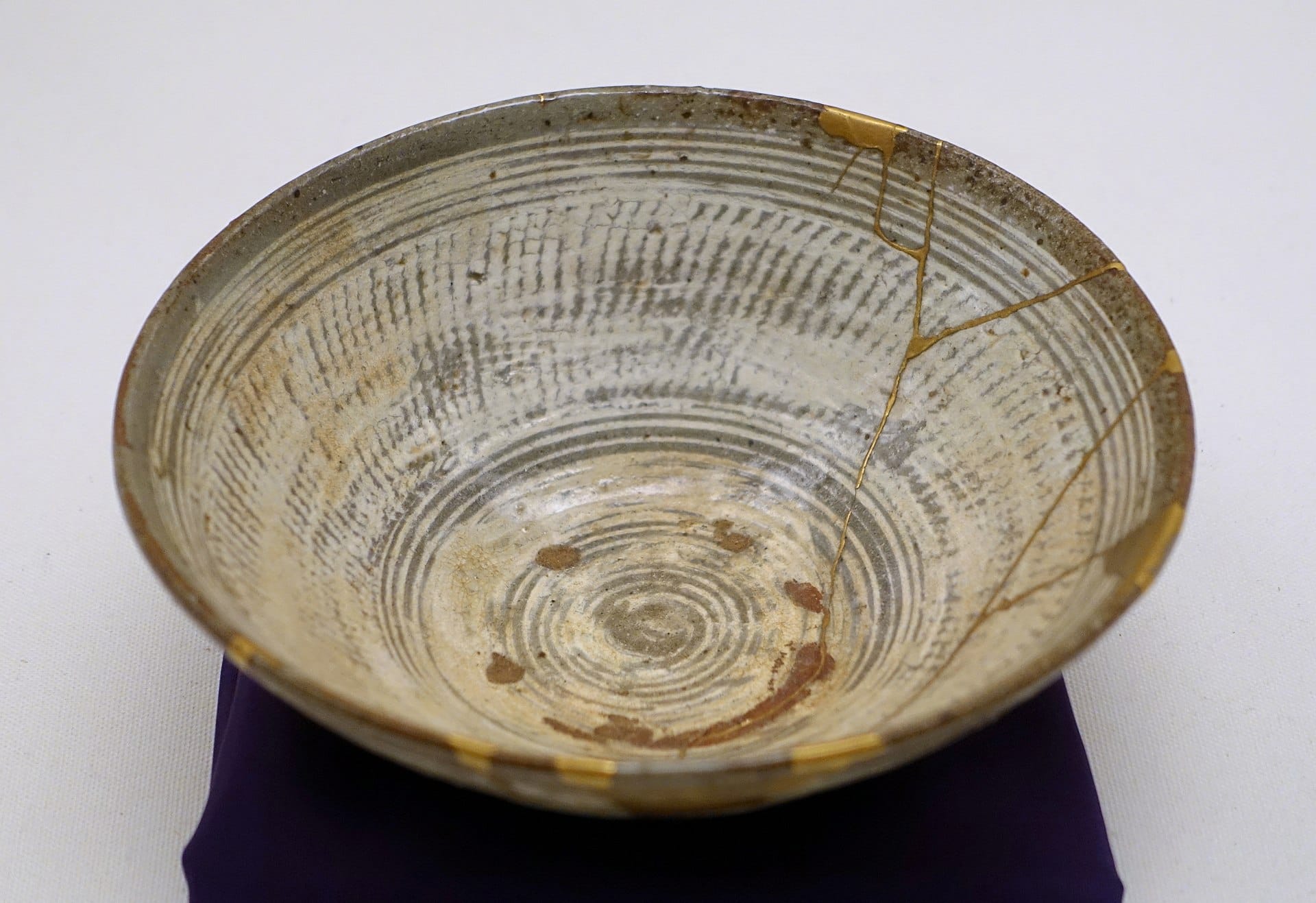Vulnerability
What lies at the heart of our most meaningful relationships? If we understand the answer to this question, we can more proactively connect with those around us as we move through life.
A willingness to be vulnerable is the basis for trust and love. And trusting, loving relationships are a key part of what brings meaning to our lives.
An experiment to try if you're looking to build closer connections: Make a point of being the person who goes first. Disclose just a little bit more about yourself than you might normally and look to see if the other person reciprocates. If they do, you can continue to gradually open up.
It requires a willingness to risk rejection if the other person remains closed off. But that potential rejection is a small price to pay in exchange for the possibility of significantly stronger relationships.
Of course, you should be aware of where your boundaries are when you do this and avoid overextending yourself. So how do you know where they lie? Prentis Hemphill has an answer: "Boundaries are the distance at which I can love you and me simultaneously." If you remain cognizant of that distance, you can navigate each relationship with greater ease.
It's easy to think that the secret to fostering meaningful connections is to simply act nice to those we encounter in the world. Niceness alone is not enough, though. It may lead to many surface level connections, but we are seeking depth here, not quantity. Rather, the quality you want to bring to each of your interactions is kindness.
Kindness comes from a place of understanding — of empathizing with the other person enough to know how to support them.
Sarah Jones Simmer draws this distinction between kindness and niceness on a recent Knowledge Project episode. She argues that a kind person will point out that you have a piece of spinach in your teeth, while a nice person would simply ignore it.
It might feel like we are criticizing the other person when we point out an imperfection like this. But in fact, we're simply giving them a gift by making them aware of something they likely want to know.
Personally, I can't remember ever being upset at someone for pointing out a minor flaw in my appearance like that. But I can definitely remember feeling uncomfortable when deciding whether I should mention something to that affect to others.
This willingness to be uncomfortable is often what enables you to be more vulnerable. Since discomfort is so often the primary thing between you and what you want, it can serve as a kind of North Star. Once you embrace this idea, discomfort can guide you in the right direction.
It becomes not something to shy away from, but something to lean into. And the more you can lean into it, while respecting your boundaries, the more you can embrace vulnerability in your relationships.
You may soon discover that your life is all the more rich for having done so.
Hat tip to @Malcolm_Ocean for the Hemphill quote.


